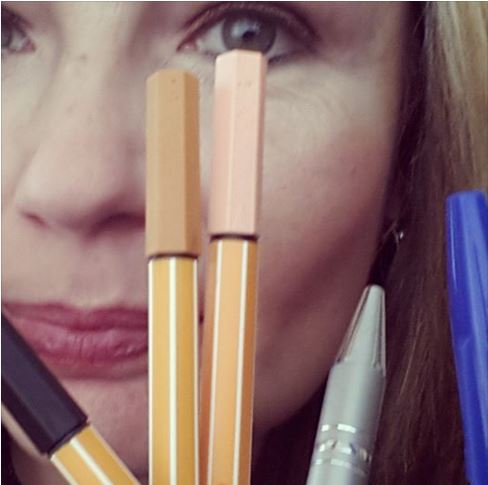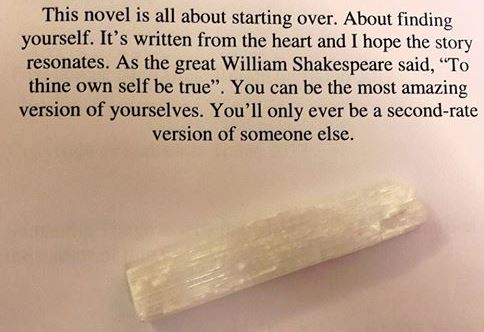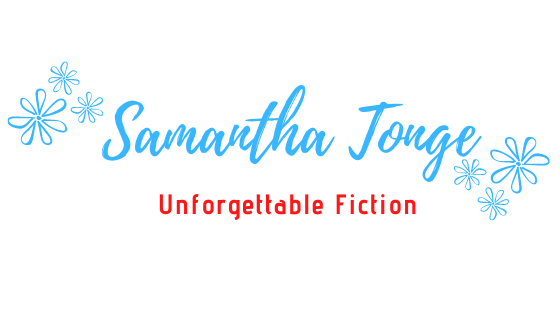Last week saw the release of my latest novel, The New Beginnings Coffee Club, which is all about second chances and finding yourself. It is based in a coffee shop and the four main characters, Jenny, Noah, Elle and little April, have all faced challenges surrounding their identity. The question now, is, can they be brave enough to take off the mask they have worn – to, indeed, be true to themselves?

I’m so far thrilled that reviewers find this theme relatable. All of us have a choice of whether to show our true face – or not. And I think this also applies to authors and their craft. It is a journey of self-awareness and courage to find your true writing voice or style, and be brave enough to release it to the world at large.
I’m no expert but here are my tips for finding that voice or style, based on my experiences. It took me a while!
NB: for me (others may disagree), voice and style are very closely linked and I’ll use the words interchangeably here. I think voice is more an author’s tone. Style is more the nuts and bolts of how they write, such as short or long sentences, flowery language or not – but both are unique to the author).
Firstly… break the so-called “rules” if your heart tells you to. I recall messaging an established author once, when I first started out, asking them about grammar points and why they used a particular one in a certain way. They must have been baffled and just replied that they never thought about it – that was just the way they wrote. I was still at the stage of thinking I had to follow all the rules about writing I had learnt – point of view, show not tell etc. I eventually realised that it was fine to break them, from a position of knowledge. I blogged about that here.
I once received a review saying my grammar was bad because I had written the equivalent of “The kids and me went out,” instead of the grammatically correct “The kids and I went out.” Thing is, my voice, my style, is to write as I speak. I knew it was ungrammatical but it fitted the character. Reviewers can think that authors and their editors have missed all these so-called “mistakes” but more often than not – unless the reader has received a less refined early proof copy – this is not the case. The lack of grammar is probably due to the author creating a life-like, flawed character and by following their writing heart when putting pen to paper.
You need the courage to look people in the eye and stick to the values of your own writerly self, despite the criticism you may receive.

Secondly… don’t be afraid of not following the norm. One reader criticised me for speaking to the reader, within my prose, like in this extract from my 2013 bestseller, Doubting Abbey (the words in bold).
“Within minutes of this announcement I had one of my funny turns. Unsteadily, I wavered from side to side, before my body went into spasm. There was no need to call the doctor. I’d suffered this before. The remedy was an afternoon in bed. Otherwise, I might have had to pull out of the show…
Sounded believable, didn’t it? And, sure enough, everyone in the orchard fell for my act, which was the only way I could cope with Edward’s terrifying announcement about me being some cookery teacher.”
The reader said that they’d been taught, in writing classes, that this was wrong. No, no, no! There are NO such boundaries. Okay, it’s a little unusual, but if your character wants to speak to the reader, why not? In my opinion it involves them. Makes them feel closer to the protagonist and story. It comes naturally to me to write like this now, I can’t fight it, it’s me being true to myself. It took a few years before getting published, but eventually I became confident enough to follow my instincts.
Thirdly... having said all that, there is one critic to listen to – your editor. Remember, a writer can never stop learning and should never become complacent. If your editor questions something about the way you write, consider carefully what they say. Perhaps your uniqueness does, at times, pull the reader out of the story. And also, if many reviewers make the same critical point, then take note. Remember, constructive criticism is an author’s best friend and I always appreciate the thought and time people put into commenting about my work.
Yes, we must follow our hearts but like in life, sometimes a little moderation from our heads is necessary. We may have the biggest crush on Chris Hemsworth, (ahem, speaking purely hypothetically here 🙂 ) but that doesn’t mean we should jack in our lives and marriages and head over the Atlantic to track him down! It’s the same with your writing heart – if it suddenly suggests, for example, to include, ooh, say a pet stick insect’s point of view into your romantic novel, consider whether that will that pull your reader’s attention away from the main plot (and possibly send their finger straight to the delete button on their ereader!)
Finally... the extract below is from the acknowledgements in my #coffeeclub book. Don’t try to imitate anyone else with your writing – or in life. Often aspiring authors start off by trying to write like their favourite author, and that is fine whilst they are learning. But eventually, in time, as they grow in confidence and gain knowledge, they will reach a very exciting moment when their own style evolves. At this crucial point they must be brave enough to go with it.


